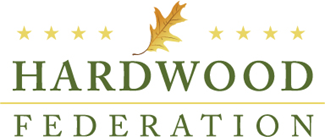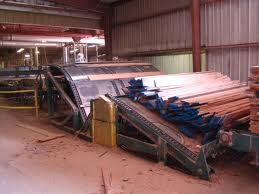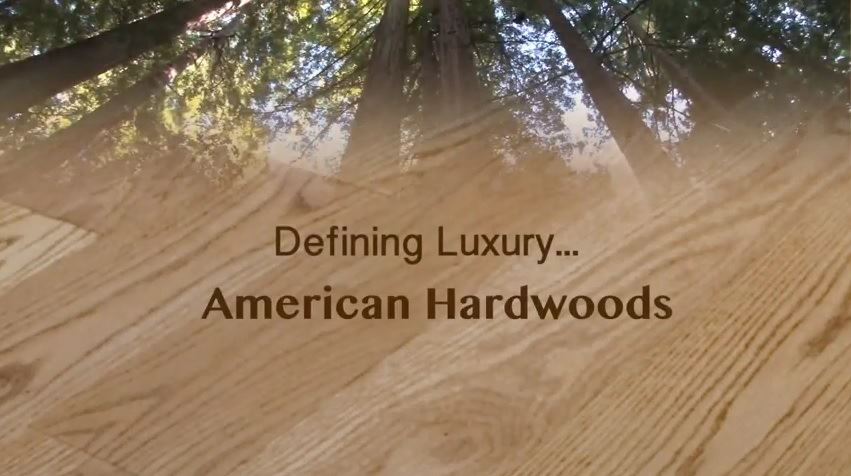
 |
|
Hardwood Industry Makes Their Voice Heard On Tuesday, October 14, the Hardwood Federation transmitted a letter to Trump Administration officials making the case that U.S. hardwood companies should be included in any trade assistance programs addressing agriculture industries negatively impacted by trade and tariff policies. While the farming community, particularly those how harvest soybeans are the focus of significant attention as exports have slowed, it is important for decision makers at the highest level to understand that the hardwood industry, an important agricultural industry sector, is also suffering from uncertain global markets. The letter was sent to U.S. Department of Agriculture Secretary Brooke Rollins, U.S. Department of Commerce Secretary Howard Lutkin, U.S. Treasury Secretary Scott Bessent, and U.S. Trade Representative Jamieson Greer. Over 430 hardwood mills, manufacturers, yards, logging companies, and suppliers signed on to the letter. Working with Monument Advocacy, a D.C. based consulting group hired by the Federation to increase our outreach capacity, the industry letter has resulted in significant attention from the press. You can see a sample of recent stories covering the letter here. And we are not done yet. Monument continues to share the letter with state and local press outlets and connect hardwood industry members with journalists as requested. If you have press contacts in your local area, feel free to share the letter and encourage coverage. Articles from home states are also being shared with Members of Congress. The federal government shutdown has closed the doors of many offices, but officials are still working in their home states. It’s a great time to share the letter with your representatives and senators. You can find office e-mail addresses at Contact.Gov. The Hardwood Federation continues to focus advocacy efforts on raising awareness of current challenges facing the industry and the need to structure trade agreements that support exports or provide bridge support to sustain hardwood operations until such deals can be achieved. Thank you to everyone that has supported the Hardwood Federation as we make every effort to address the challenges of today. |
The United Voice of the Hardwood Industry The Hardwood Federation brings together 30 associations dedicated to promoting and supporting the hardwood industry. We are the voice of the industry in Washington and we are proud to represent you. If you would like to make a tax deductible Corporate Contribution to the Hardwood Federation, please click the button below! PAC Contributions are not eligible for on-line processing through this link. For additional information on how to support the Hardwood Federation PAC, please click here. ___________________________________________________ Washington Watch Welcome to the Second Session of the 119th Congress. Both the House and Senate are in town this week, albeit for a relatively brief stint. Weather related complications on Monday resulted in the House Agriculture Committee’s planned markup of a Farm Bill being delayed for at least a week. The Committee’s announcement indicated the week of March 1, but an exact date and time have not yet been announced. Members of Congress are expected to make it to town later today and tomorrow in advance of the State of the Union address Tuesday evening. They then leave again Wednesday evening to round out a short week. One notable hearing this week is in the House Small Business Committee. On Tuesday, Committee members will convene to hear testimony on “Career and Technical Education: Developing the Future of Main Street Success.” We remain under a partial government shutdown as Congress has yet to pass a Fiscal Year 2026 Department of Homeland Security Appropriations bill or any measure to temporarily extend funding for the department. Negotiations are ongoing, but progress has been minimal. U.S. House of Representatives
U.S. Senate
|









